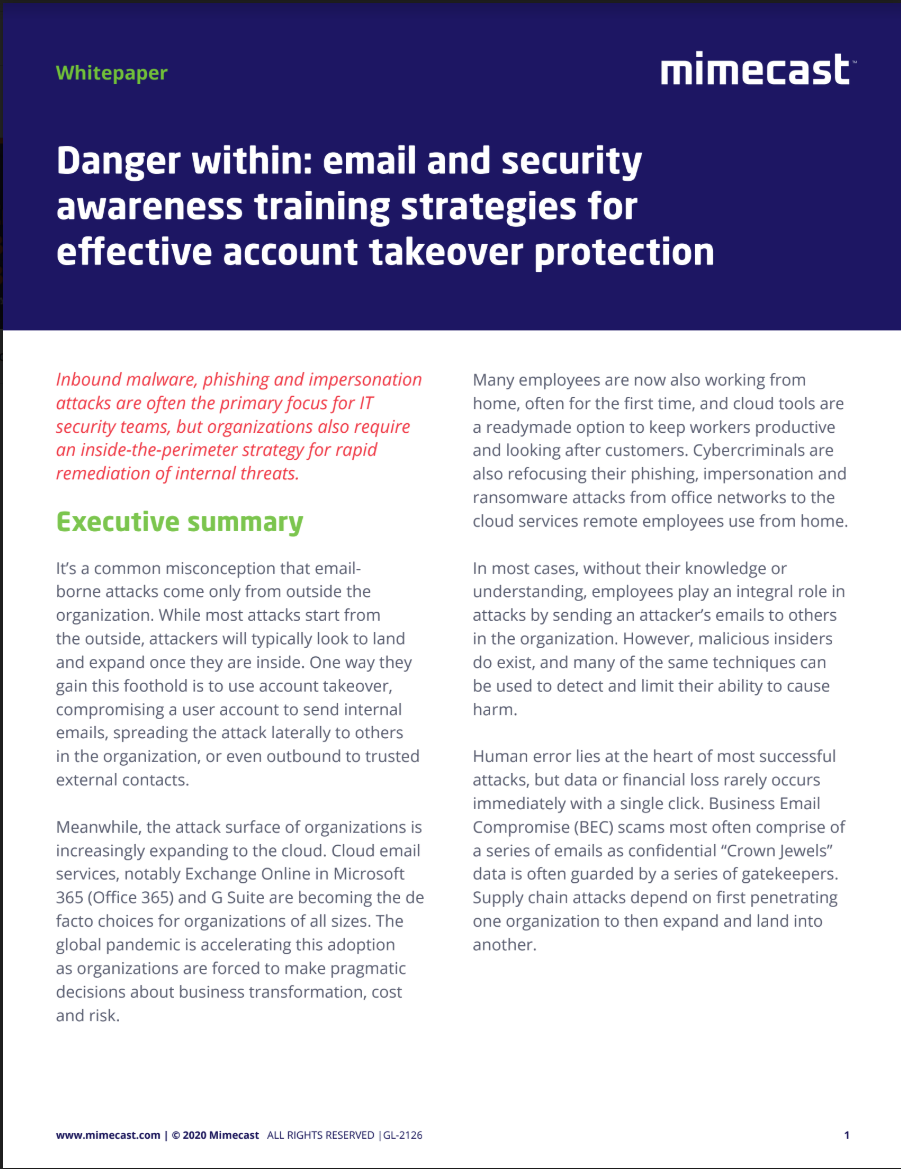DoJ shuts down infamous stolen credentials marketplace Slilpp
The platform offered 80 million stolen credentials from roughly 1,400 banking and e-commerce providers, including Amazon and PayPal


The US Department of Justice (DoJ) has shut down the popular dark web marketplace Slilpp, which has been trading stolen username and password combinations since 2012.
The FBI, working with foreign law enforcement agencies in Germany, the Netherlands, and Romania, identified and seized control of a series of servers that hosted Slilpp's infrastructure and various domains. Meanwhile, over a dozen individuals tied with the platform have been charged or arrested to date.
The platform is well-known for trading in stolen usernames and passwords of popular financial and banking services, as well as e-commerce sites, and is considered the largest of its kind on the dark web. The DoJ said it offered more than 80 million credentials for sale prior to takedown.
"The Slilpp marketplace allegedly caused hundreds of millions of dollars in losses to victims worldwide, including by enabling buyers to steal the identities of American victims," said acting assistant Attorney General, Nicholas L McQuaid of the Criminal Division.
"The department will not tolerate an underground economy for stolen identities, and we will continue to collaborate with our law enforcement partners worldwide to disrupt criminal marketplaces wherever they are located."
RELATED RESOURCE

Security awareness training strategies for account takeover protection
Why you need an inside-the-perimeter strategy for internal threats
Slilpp has been selling stolen credentials, including those for bank accounts and online payments accounts, since 2012, and initially began life as an eBay and PayPal accounts trader. In recent years, Slilpp has come to specialise in trading Amazon account credentials, according to security expert Brian Krebs.
Writing in 2017, Krebs added that its operator is known to buy up credentials that are gathered by credential-testing crime groups who harvest and enrich details stolen or leaked from major data breaches at social media and e-commerce platforms.
Get the ITPro daily newsletter
Sign up today and you will receive a free copy of our Future Focus 2025 report - the leading guidance on AI, cybersecurity and other IT challenges as per 700+ senior executives
Cyber gangs routinely trawl through infamous breaches from years gone by, such as the recently discovered cache of 533 million Facebook users' credentials. They would then see how many of the email address and password pairs work at hundreds of other banking and e-commerce sites. Slilpp served as a central hub for this enterprise.
The details of users registered with more than 500 merchants were traded on the site as of 2017, including many household names such as Amazon, Tripadvisor, and Argos. The price for a credential pair was $2.50 (roughly £1.70) at the time.
The DoJ claims the number of vendors, merchants, and service providers whose users' details were being traded through Slilpp is closer to 1,400. The department also claims that stolen credentials sold through Slilpp have led to the loss of $200 million in the US alone, according to best estimates.

Keumars Afifi-Sabet is a writer and editor that specialises in public sector, cyber security, and cloud computing. He first joined ITPro as a staff writer in April 2018 and eventually became its Features Editor. Although a regular contributor to other tech sites in the past, these days you will find Keumars on LiveScience, where he runs its Technology section.
-
 Global cybersecurity spending is set to rise 12% in 2025 – here are the industries ramping up investment
Global cybersecurity spending is set to rise 12% in 2025 – here are the industries ramping up investmentNews Global cybersecurity spending is expected to surge this year, fueled by escalating state-sponsored threats and the rise of generative AI, according to new analysis from IDC.
By Ross Kelly Published
-
 Google Cloud is leaning on all its strengths to support enterprise AI
Google Cloud is leaning on all its strengths to support enterprise AIAnalysis Google Cloud made a big statement at its annual conference last week, staking its claim as the go-to provider for enterprise AI adoption.
By Rory Bathgate Published
-
 PyPI attack: Targeting of repository 'shows no sign of stopping'
PyPI attack: Targeting of repository 'shows no sign of stopping'News Greater collaboration and understanding of attackers’ tactics is key to mitigating open source security threats
By Ross Kelly Published
-
 Capita's handling of cyber attack shows companies still fail at breach reporting
Capita's handling of cyber attack shows companies still fail at breach reportingAnalysis Capita initially told customers there was “no evidence” of data having been compromised in the March cyber attack
By Ross Kelly Published
-
 Malware being pushed to businesses by search engines remains a pervasive threat
Malware being pushed to businesses by search engines remains a pervasive threatNews High-profile malvertising campaigns in recent months have surged
By Ross Kelly Published
-
 There's only one way to avoid credential stuffing attacks
There's only one way to avoid credential stuffing attacksOpinion PayPal accounts were breached last year due to a credential stuffing attack, but can PayPal avoid taking responsibility?
By Davey Winder Published
-
 Five things to consider before choosing an MFA solution
Five things to consider before choosing an MFA solutionIn-depth Because we all should move on from using “password” as a password
By Rene Millman Published
-
 Cyber security suffers from a communication problem
Cyber security suffers from a communication problemNews Negative language around ‘human failures’ is eroding trust between security teams and broader business functions - it has to stop
By Ross Kelly Published
-
 Does LastPass really deserve a last chance?
Does LastPass really deserve a last chance?Opinion After several disastrous security incidents and a communications breakdown, it’s time to leave LastPass for pastures new
By Ross Kelly Published
-
 What is the spell-jacking vulnerability and how can your business avoid exposing data?
What is the spell-jacking vulnerability and how can your business avoid exposing data?In-depth Spell-jacking vulnerabilities are threatening to unwittingly leak data to third parties, undermining any drive to protect privacy
By Davey Winder Published